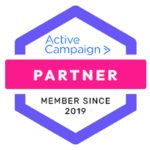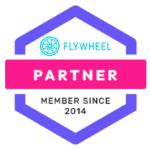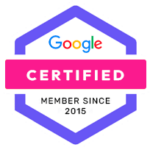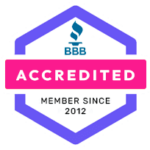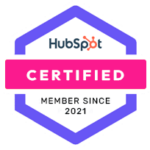When it comes to your website, you have two main goals: getting traffic and converting that traffic into customers. It’s easy to get caught up in the numbers game, focusing on increasing your website’s traffic without giving enough attention to conversion rates.
Many people think that driving more visitors to your website is the key to success, but that’s not always the case. If you’re not converting those visitors into customers, then you’re not seeing the results you want.
In order to increase your website’s conversion rate, you need to put as much effort into optimizing it as you do to generate traffic. It may be tempting to focus on one over the other, but in order to see real success, you need to make sure both are optimized equally.
In this blog post, we’ll break down the difference between website conversion and traffic and explain which one is more important for your business.
What is Website Traffic?
Website traffic is the number of visitors to a website. Traffic can be divided into three categories: direct, referral, and organic.
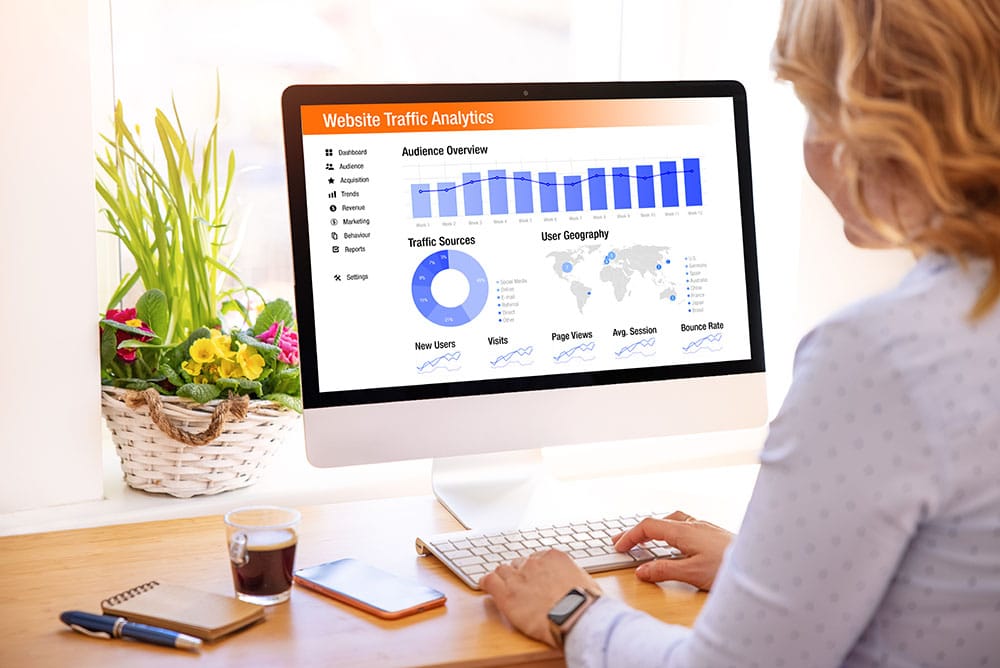
Direct traffic
Direct traffic is vital for any website because it shows that people are actually interested in what you have to offer. If you have a high volume of direct traffic, it means that people are regularly checking out your site and this can be a good indicator of potential customers or clients.
Conversely, if you have very little direct traffic, it could mean that your website is not relevant to what people are searching for or that it’s not user-friendly.
Referral traffic
Referral website traffic is the term used to describe website traffic that comes from referrals, or websites that link to your site.
There are a number of ways to generate referral traffic, including creating interesting and compelling content that other websites will want to share, participating in social media communities and forums where your target audience hangs out and promoting your content through online advertising.
Referral traffic is important because it can help you increase exposure for your website and attract new visitors.
In addition, referral traffic tends to be more engaged than other types of website traffic, so it’s a good way to boost your conversion rates.
Suggested Reading: Why Should You Prioritize Blog Posting For Your Business?
Organic traffic
Organic website traffic is simply defined as the traffic that comes to your website from unpaid or natural search results. So, if someone is searching for something on Google and your website appears in the top results, that’s considered organic traffic.
There are a few different factors that go into getting good organic traffic to your site. Firstly, you need to make sure you have good content that’s optimized for the search engines.
This means using relevant keywords throughout your content and also making sure your site is easy to navigate and structured well. Another important factor is building links to your website from other high-quality websites. This helps show the search engines that your site is a trusted resource on the topic.
Generating organic traffic can be a long-term process, but it’s one of the most effective ways to get visitors to your site.
What is Website Conversion?
Website conversion is the process of turning website visitors into leads or customers. This can be done through a variety of means, such as offering a free ebook in exchange for an email address, or providing a discount code for completing a purchase.
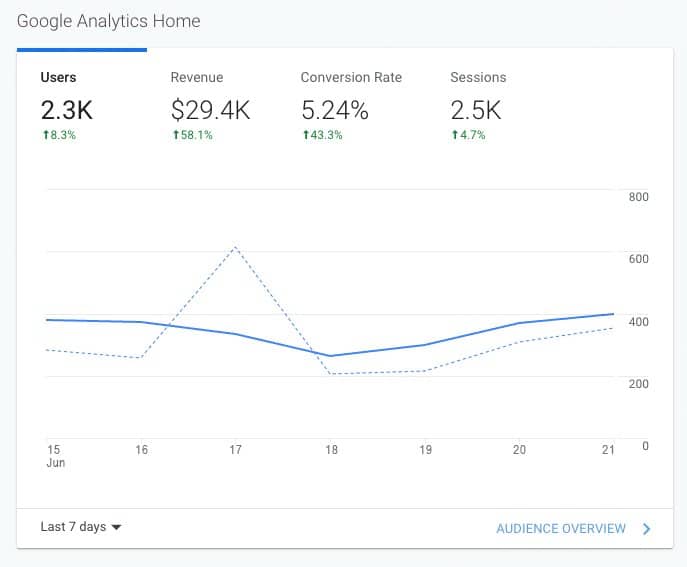
The ultimate goal of conversion is to get more people to take the desired action on your website. There are a number of factors that can influence website conversion rates.
These include things like the design of your website, the copy on your pages, and even the offers you make to visitors. Testing different approaches and analyzing the results is the best way to figure out what works best for your business.
Some common ways to increase website conversion rates include:
- Creating a strong offer
- Creating compelling copy
- Offering a free trial or sample
- Asking for a commitment
- Making it easy to buy
Suggested Reading: 10 Ways to Increase Website Conversion Right Now
You can also improve your website’s usability, make it faster to load, and reduce the number of steps it takes for a visitor to complete a purchase or sign up for a subscription.
Another way to boost your conversion rate is by using persuasive copywriting techniques to convince visitors to take action. You can also use A/B testing to test different versions of your website and landing pages to see which ones produce the highest conversion rates.
And finally, you can use retargeting ads to reach out to people who have visited your website but didn’t convert.
Where Does Traffic and Conversion Intersect?
Now that you know the difference between website traffic and conversion, it’s important to understand how they intersect. Traffic is the number of visitors coming to your site, while conversion is the number of those visitors taking the desired action.
For example, if you have a website that sells products, your goal is to get people to come to your site and then buy something.
So, in this case, traffic would be the number of people coming to your site, while conversion would be the number of those people who add a product to their cart and complete a purchase.
A high-traffic website is not necessarily a successful website. In fact, if you have a lot of visitors but a low conversion rate, it means that something is preventing those visitors from taking the desired action on your site.
This could be anything from a poor design to confusing navigation to unappealing offers. On the other hand, a website with a small amount of traffic can be very successful if it has a high conversion rate.
So, while traffic is important, it’s not the only thing that matters. Conversion is what ultimately determines the success of your website.
If you want to increase the chances of success for your website, you need to focus on both traffic and conversion. By increasing the number of visitors to your site and also improving your conversion rate, you’ll be well on your way to generating more leads and sales for your business.
Which is More Important: Website Traffic or Conversion?
The answer to this question depends on your goals for your website. If your goal is simply to generate more traffic, then you’ll need to focus on strategies for increasing the number of visitors to your site.
However, if your goal is to increase sales or leads, then you’ll need to focus on conversion. Improving your website’s conversion rate is the best way to increase sales and leads.
Both traffic and conversion are important for a successful website. But if you had to choose one, conversion should be your top priority. By focusing on strategies to improve your website’s conversion rate, you’ll be able to generate more sales and leads from your existing traffic.
Final Thoughts
Traffic is important, but it’s not the only thing that matters. If you want your business to succeed, you need to focus on improving your website’s conversion rate. Fortunately, there are plenty of strategies you can use to do just that. Start by testing different versions of your website and measuring the results.
Then make changes based on what works best for your customers. Keep in mind that conversion optimization is an ongoing process, so don’t be afraid to experiment with new ideas.
We know this will definitely be time-consuming for you. It’s always better to work with a caring group of people who are willing to do whatever it takes to make sure your business grows, and that’s why we’re here for you!




